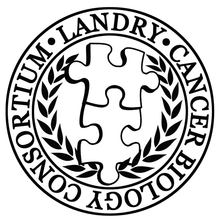|
"Make sure to find a mentor that matches your needs and a supportive lab environment."
|
|
"Look for a lab that places an emphasis on mentorship in addition to studying an area of research you find interesting."
|
|
"Pick a mentor who fits your mentoring style and whom you believe you can communicate well with. Avoid choosing based off of fame or popularity."
|
|
"Finding a PI that is not only a mentor, but a role model was the most important factor for me."
|
|
"Make sure you feel comfortable and supported in conversations with your PI."
|
|
"I would recommend choosing a lab with a PI that you could see yourself working well with over the next several years, with an area of research that you are excited to work on, and with an environment that closely matches your expectations."
|
|
"Take your time choosing, and make sure to find a lab that does work that excites you scientifically, and also supports graduate students well. Don't settle for a lab that only meets one of these two!"
|
|
"Make sure you meet with the PIs and discuss your interest with them and attend lab meetings before starting rotations to see if it is a good fit."
|
|
"The people in the lab are very important, because they are who you will depend on for strength and advice. The PhD is a very long, arduous, and stressful process - you need your lab to lift you up and motivate you to come in every day."
|
|
"Find a lab that has a solid track record with supporting graduate students and has a current group of students that are willing to help train and support younger less experienced students."
|
|
"Make sure you enjoy the community in your lab - they will boost you up when the science hits new lows."
|
|
"The community of trainees and lab staff you will be working with on a daily basis is a critical resource as well as factor for your mental health. Choose environments with positive cultures, where you feel like you will be supported both scientifically and emotionally."
|
|
"Find a place where your talents can be put to best use, as that is the best way to grow your talents. Still, there will be a lot of places you can do great science and finding the right environment for you personally to learn and grow is of paramount importance."
|

